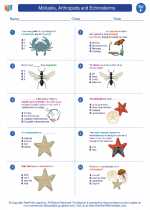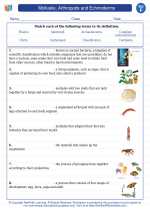Biodiesel: An Overview
Biodiesel is a renewable, clean-burning alternative fuel derived from natural oils such as soybean oil, canola oil, or recycled cooking grease. It can be used in diesel engines with little to no modifications and is considered an environmentally friendly alternative to traditional petroleum-based diesel fuel.
How is Biodiesel Produced?
Biodiesel is produced through a process called transesterification, where natural oils or fats are reacted with an alcohol (such as methanol or ethanol) in the presence of a catalyst (usually sodium hydroxide or potassium hydroxide) to produce biodiesel and glycerin as a byproduct.
Benefits of Biodiesel
- Environmental Benefits: Biodiesel reduces greenhouse gas emissions and air pollutants, contributing to cleaner air and a healthier environment.
- Renewable Resource: Biodiesel is produced from renewable resources such as plant oils and animal fats, making it a sustainable alternative to fossil fuels.
- Biodegradable: In the event of a spill, biodiesel degrades more rapidly than petroleum diesel, reducing environmental impact.
- Domestic Production: Biodiesel production can be a boon to local economies and reduce dependence on imported petroleum.
Study Guide
1. Biodiesel Production Process
Describe the process of transesterification and the key components involved in the production of biodiesel.
2. Environmental Impact
Discuss the environmental benefits of using biodiesel as a fuel source compared to traditional petroleum-based diesel.
3. Renewable Resources
Explain why biodiesel is considered a renewable resource and how its production can contribute to sustainable energy practices.
4. Biodiesel Applications
Explore the various applications of biodiesel, including its use in transportation, agriculture, and other industries.
5. Economic and Social Impacts
Analyze the potential economic and social impacts of widespread biodiesel production and utilization within a community or country.
.◂Science Worksheets and Study Guides Sixth Grade. Mollusks, Arthropods and Echinoderms

 Activity Lesson
Activity Lesson
 Worksheet/Answer key
Worksheet/Answer key
 Worksheet/Answer key
Worksheet/Answer key
 Worksheet/Answer key
Worksheet/Answer key
 Worksheet/Answer key
Worksheet/Answer key
 Vocabulary/Answer key
Vocabulary/Answer key
 Vocabulary/Answer key
Vocabulary/Answer key
 Vocabulary/Answer key
Vocabulary/Answer key
 Vocabulary/Answer key
Vocabulary/Answer key
 Vocabulary/Answer key
Vocabulary/Answer key
 Vocabulary/Answer key
Vocabulary/Answer key
 Vocabulary/Answer key
Vocabulary/Answer key
